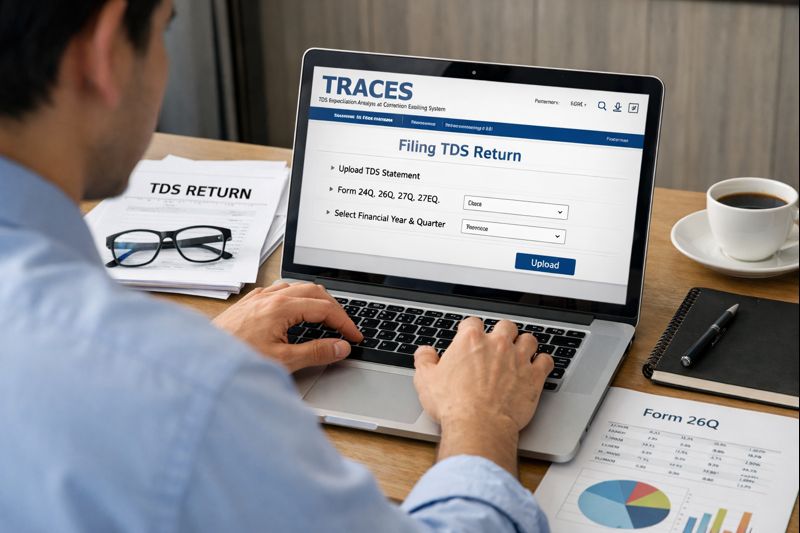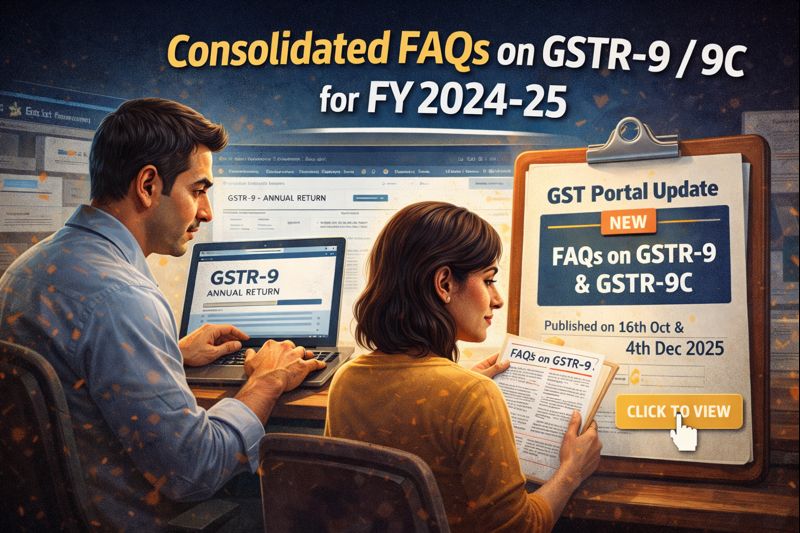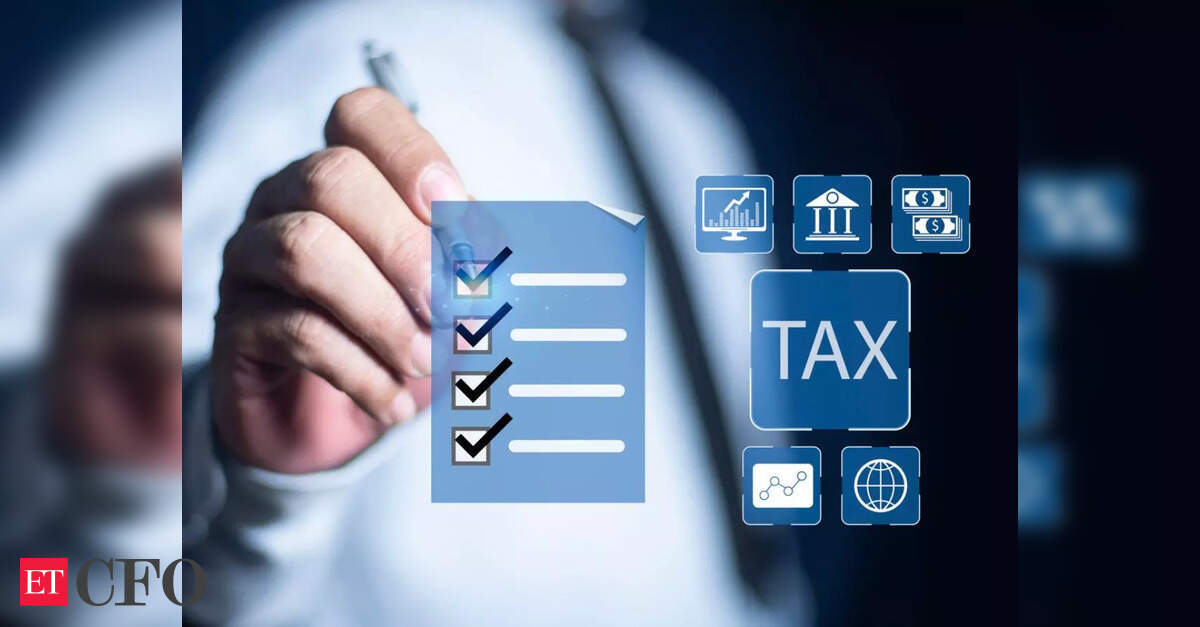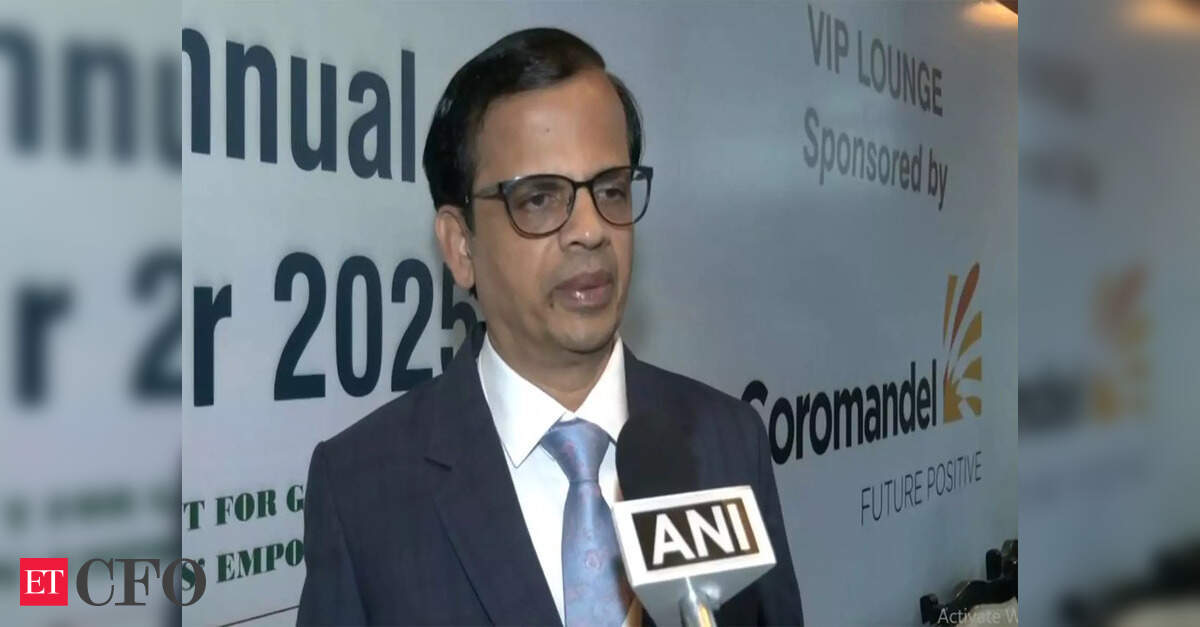In Budget 2025 government announced no tax till income of Rs.12 Lakh, this relief is given to all, but also in case of income is more than Rs.4 Lakh then ITR filing is mandatory, but The Government of India, through Section 194P of the Income Tax Act, has provided relief to senior citizens aged 75 years and above by exempting them from filing income tax returns (ITR) under specific conditions.
Know Section 194P
Deduction of Tax by Specified Banks:
- A “specified bank,” as notified by the Central Government, is responsible for computing and deducting the applicable income tax for eligible senior citizens.
- This computation is done after considering deductions under Chapter VI-A (such as Section 80C, 80D, etc.) and the rebate under Section 87A.
- Once tax is deducted by the bank, the senior citizen is not required to file an ITR.
Eligibility Criteria for Exemption:
To qualify for this exemption, a senior citizen must fulfill the following conditions:
- Must be a resident of India and 75 years or older during the relevant financial year.
- Should have only pension income and interest income from the same specified bank where the pension is received.
- Must submit a declaration to the specified bank, confirming their total income and eligible deductions.
No Additional Income Sources:
- The exemption is applicable only if the senior citizen has no other source of income except pension and interest.
- Any additional income from other sources (such as rental income, capital gains, or business income) would require them to file an ITR.
Process for Availing Exemption
- The senior citizen submits a declaration to their specified bank.
- The bank verifies the details and calculates taxable income.
- The bank deducts tax at applicable rates before crediting the pension and interest income.
- Since the tax liability is settled by the bank, the senior citizen is not required to file an ITR.
Benefits of Section 194P
- Reduces compliance burden for elderly taxpayers who rely on pension income.
- Eliminates the need for self-filing of returns, minimizing errors and complexities.
- Ensures accurate tax deduction, preventing any future tax-related complications.
Example for Better Understanding
Consider Mr. Sharma, an 80-year-old retired individual, receiving:
- Pension of ₹4,50,000 per year in SBI Bank
- Interest from his savings and fixed deposits in the same bank amounting to ₹1,50,000 per year.
Total income = ₹6,00,000
- Eligible deduction under Section 80C = ₹1,50,000
- Net taxable income = ₹4,50,000
- Tax payable (after considering rebate under Section 87A) = ₹0
Since Mr. Sharma meets the conditions of Section 194P, his specified bank will compute and deduct any applicable tax, and he will not be required to file an ITR.
In addition to tax benefits applicable regardless of age of taxpayer, there are certain enhanced / additional benefits for Senior / Super Senior Citizen. The additional benefits are listed below:
Paper filing of Income Tax Return
Super Senior Citizens (aged 80 years or more) have the option to submit their ITR using Form 1 or 4 in offline / paper mode. The e-Filing option also remains available to them.
Relief from payment of Advance Tax
As per Section 208, every person whose estimated tax liability for the year is ₹ 10,000 or more, shall pay his tax in advance, in the form of Advance Tax. But, Section 207 gives relief from payment of Advance Tax to a Resident Senior Citizen. Thus, a Resident Senior Citizen, not having any Income from Business or Profession, is not liable to pay Advance Tax.
Income tax deduction on interest on bank deposits
Section 80TTB of the Income Tax Act allows tax benefits on interest earned from deposits with banks, post office or co-operative banks. The deduction is allowed for a maximum interest income of up to ₹ 50,000 earned by the Senior Citizen. Both the interest earned on saving deposits and fixed deposits are eligible for deduction under this provision.
Also, u/s 194A of the Income Tax Act, no Tax is Deducted at Source (TDS) on interest payment of up to ₹ 1,00,000 by the bank, post office or co-operative bank to a Senior Citizen. This limit is to be computed for every bank individually.
Tax benefits with respect to medical insurance and expenditure
According to Section 80D of the Income Tax Act, Senior Citizens may avail a higher deduction of up to ₹ 50,000 for payment of premium towards medical insurance policy. The limit is ₹ 25,000 in case of Non-Senior Citizens.
Further Section 80DDB of the Income Tax Act allows tax deduction on expenses incurred by an individual on himself or a dependent towards the treatment of specific diseases as stated in the act. The maximum deduction amount in case of a senior citizen is ₹ 1 lakh (₹ 40,000 for Non-Senior Citizen taxpayers)
Visit www.cagurujiclasses.com for practical courses












Nbvcf
On total pention of rs1276000 can we take benifit of tax by depositing rs 1000 in natioal defence fund so that total incom comes down to rs.1275000 and which will be tax free after availing benifit of 87A of rs 60000.
Very usefull information about ATR non submission for super senior citizens.But the effective year is not mentioned.Tax Year.
Kindly detail out similar details in new tax regime for senior citizens. Thanks.
Of course, the above clarifications are most relevant and informative to all categories of pensioners… Vikrama kumar PG.. 👍🙏.